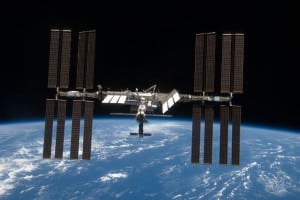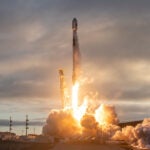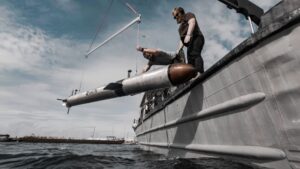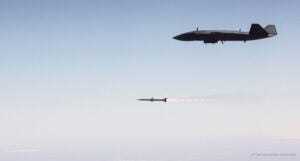
NASA is putting the finishing touches on a congressionally mandated plan to increase commercial human activity on the International Space Station (ISS) and other potential low-Earth-orbit platforms, an agency official said Nov. 29.The plan, which is due to Congress Dec. 1, is required by the NASA transition authorization act of 2017, which President Donald Trump signed into law in March. The act calls for shifting from the current LEO “regime,” which relies heavily on NASA sponsorship, to one in which…

 By
By 











